I want the ProducerThread to produce random values upto 10 and then expect ConsumerThread to consumer those values of Queue. Somewhere Producer is generating adding the values more than once. I have a concept that when we call notify on an object than that Thread would release lock and give chance to Thread which was expecting updation.
Here is the code, please correct my understanding.
public class ProducerThread extends Thread {
Queue<Integer> values;
ProducerThread(Queue<Integer> values) {
this.values = values;
}
public void run() {
while(true) {
synchronized(values) {
double totalValues = Math.random()*10;
System.out.println("Going to populate total values:" + totalValues);
for (int i = 1; i <= totalValues; i++) {
values.add(i);
System.out.println("Value updated: " + i);
try {
Thread.sleep(1000);
} catch (InterruptedException e) {
// TODO Auto-generated catch block
e.printStackTrace();
}
}
values.notify();
}
}
}
}
public class ConsumerThread extends Thread {
Queue<Integer> values;
ConsumerThread(Queue<Integer> values) {
this.values = values;
}
@Override
public void run() {
while(true) {
synchronized (values) {
try {
// Consumer Thread waits until values are populated by Producer Thread
if(values.isEmpty()) {
values.wait();
}
Iterator<Integer> iterateValues = values.iterator();
System.out.println("Going to consume values: " + values.size());
while (iterateValues.hasNext()) {
Integer removedValue = iterateValues.next();
System.out.println("Value deleted: " + removedValue);
}
values.clear();
} catch (InterruptedException e) {
// TODO Auto-generated catch block
e.printStackTrace();
}
}
}
}
}
public class Test {
public static void main(String[] args) {
Queue<Integer> values = new LinkedList<Integer>();
ProducerThread producer = new ProducerThread(values);
ConsumerThread consumer = new ConsumerThread(values);
consumer.start();
producer.start();
}
}
